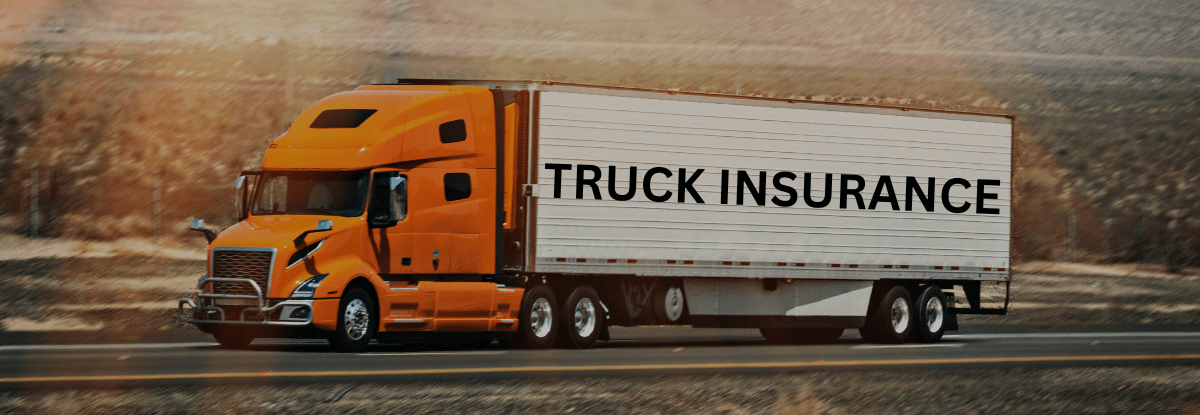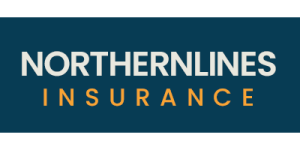
Compare Your Insurance
Quotes Online Instantly For
Free
TRUCK INSURANCE
Overview
What's covered
Ways to save
FAQ
Overview
Overview of Truck Insurance
Truck insurance in the United States is a type of commercial auto insurance policy that covers trucks and their drivers in the event of accidents or other incidents. The coverage and premiums vary depending on factors such as the type of truck, its cargo, and the driving record of the driver.
Truck insurance is required by law in most states and is intended to protect both the driver and the company from financial loss in the event of an accident. Trucking companies typically purchase liability insurance, which covers damages and injuries caused by the driver to other people and their property.
In addition to liability coverage, trucking companies may also purchase collision coverage, which covers damages to their own trucks in the event of an accident, and comprehensive coverage, which covers damages caused by other events such as theft or weather damage.
Truck insurance premiums are calculated based on various factors, including the driving record of the driver, the type and value of the truck, and the cargo being transported. Premiums can be higher for trucks that transport hazardous materials or for drivers with a history of accidents or traffic violations.
In recent years, the trucking industry has faced rising insurance premiums due to an increase in the number of accidents involving commercial trucks. As a result, many trucking companies are implementing safety measures such as driver training programs and
installing safety technology in their trucks to reduce the risk of accidents and lower insurance costs.
Overall, truck insurance is an essential component of the trucking industry in the United States, providing protection for both drivers and companies in the event of accidents or other incidents on the road.
What's covered
What are covered in this Truck Insurance?
Truck insurance in the United States typically covers a range of incidents and losses that can occur while a truck is on the road. Here are some common coverages that are included in truck insurance policies:
1. Liability Coverage:
This coverage is mandatory in most states and covers damages and injuries caused by the driver of the insured truck to other people and their property. It includes bodily injury liability, property damage liability, and environmental liability for pollution caused by the truck.
2. Physical Damage Coverage:
This coverage is optional and covers damages to the insured truck caused by a collision, theft, fire, vandalism, or weather events such as hail or wind. It includes collision coverage, comprehensive coverage, and fire and theft with combined additional coverage.
3. Cargo Coverage:
This coverage is optional and covers loss or damage to the goods or cargo being transported by the insured truck. It includes specific coverage for commodities such as refrigerated or hazardous materials.
4. Trailer Interchange Coverage:
This coverage is for trucking companies that exchange trailers with other companies. It provides coverage for physical damage to the trailer while it is being used by the insured trucking company.
5. General Liability Coverage:
This coverage is for trucking companies that have their own premises, such as a terminal or warehouse. It covers general liability risks, such as slip and fall accidents or property damage caused by the company’s operations.
6. Workers’ Compensation Coverage:
This coverage is for trucking companies that have employees, and it provides benefits for employees who are injured on the job.
The specific coverages included in a truck insurance policy can vary depending on the
insurance provider and the needs of the insured trucking company. It is important to
carefully review and understand the terms and conditions of the policy to ensure that it
provides adequate coverage for the risks faced by the company.
Ways to save
What are the ways to save on Truck Insurance?
Truck insurance premiums can be costly for trucking companies, but there are several ways to save on truck insurance. Here are some tips to reduce insurance costs:
1. Improve Safety:
Insurance providers consider the safety record of the trucking company and its drivers when calculating premiums. Implementing safety measures such as driver training programs, installing safety technology in trucks, and performing regular maintenance can help to reduce the risk of accidents and lower insurance costs.
2. Choose the Right Coverage:
Trucking companies should evaluate their insurance needs and select coverages that are appropriate for their operations. Avoiding unnecessary coverages and adjusting limits can help to reduce premiums.
3. Increase Deductibles:
Choosing a higher deductible, which is the amount the insured must pay before insurance coverage kicks in, can lower premiums. However, it is important to ensure that the deductible is still affordable in the event of a claim.
4. Shop Around:
It is important to compare insurance quotes from multiple providers to find the best coverage and rates. An insurance broker or agent can assist with this process.
5. Maintain Good Credit:
Many insurance providers use credit scores as a factor in determining premiums. Maintaining good credit can help to reduce insurance costs.
6. Pay in Full:
Paying the entire insurance premium upfront rather than making monthly payments can result in a discount.
7. Consider Telematics:
Telematics technology allows insurance providers to track a truck’s location, speed, and other data. Some insurance providers offer discounts for trucks equipped with telematics devices, as they can help to improve safety and reduce risk.
By implementing these tips, trucking companies can save on insurance costs while still maintaining adequate coverage for their operations.
FAQ

